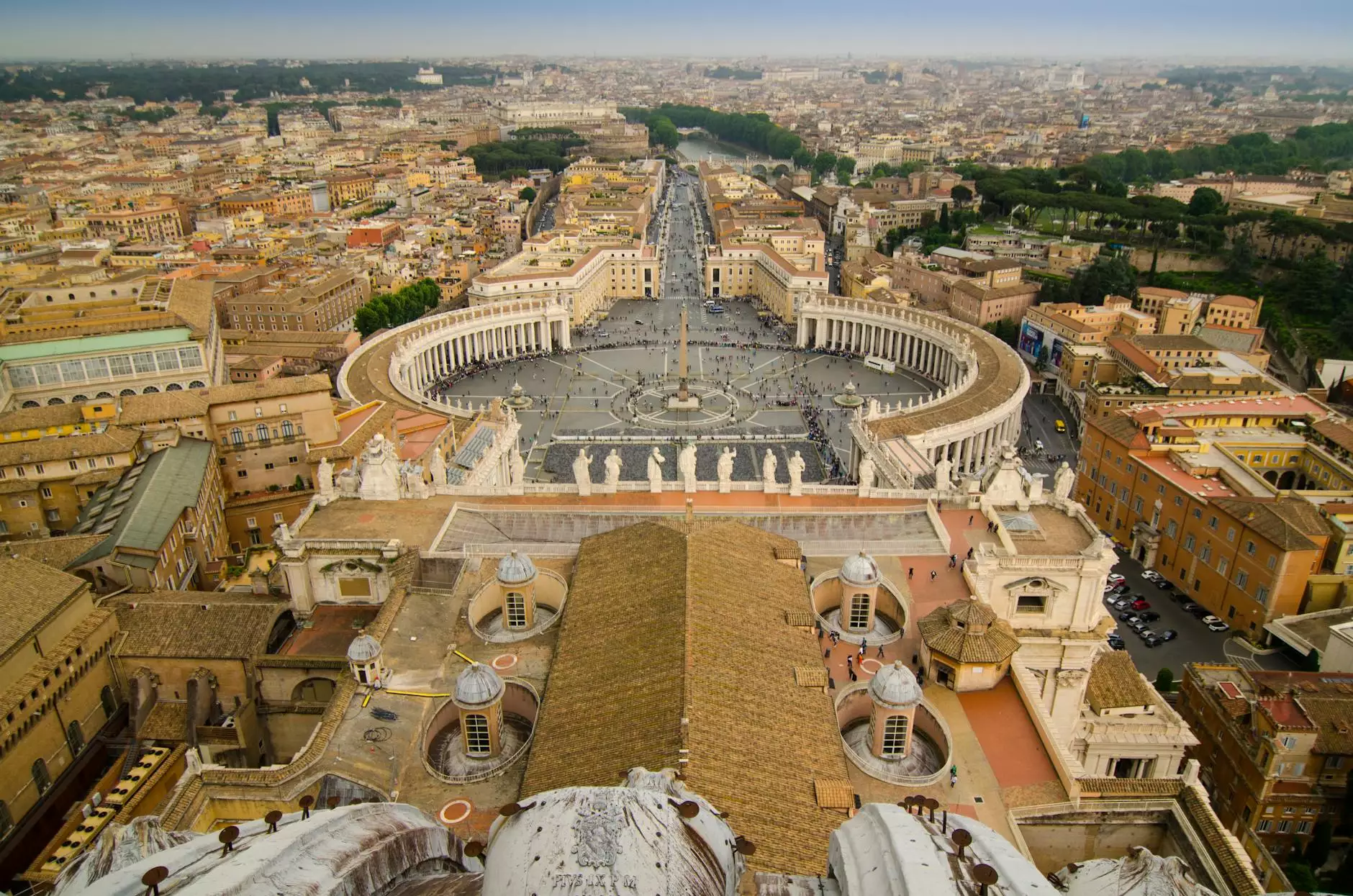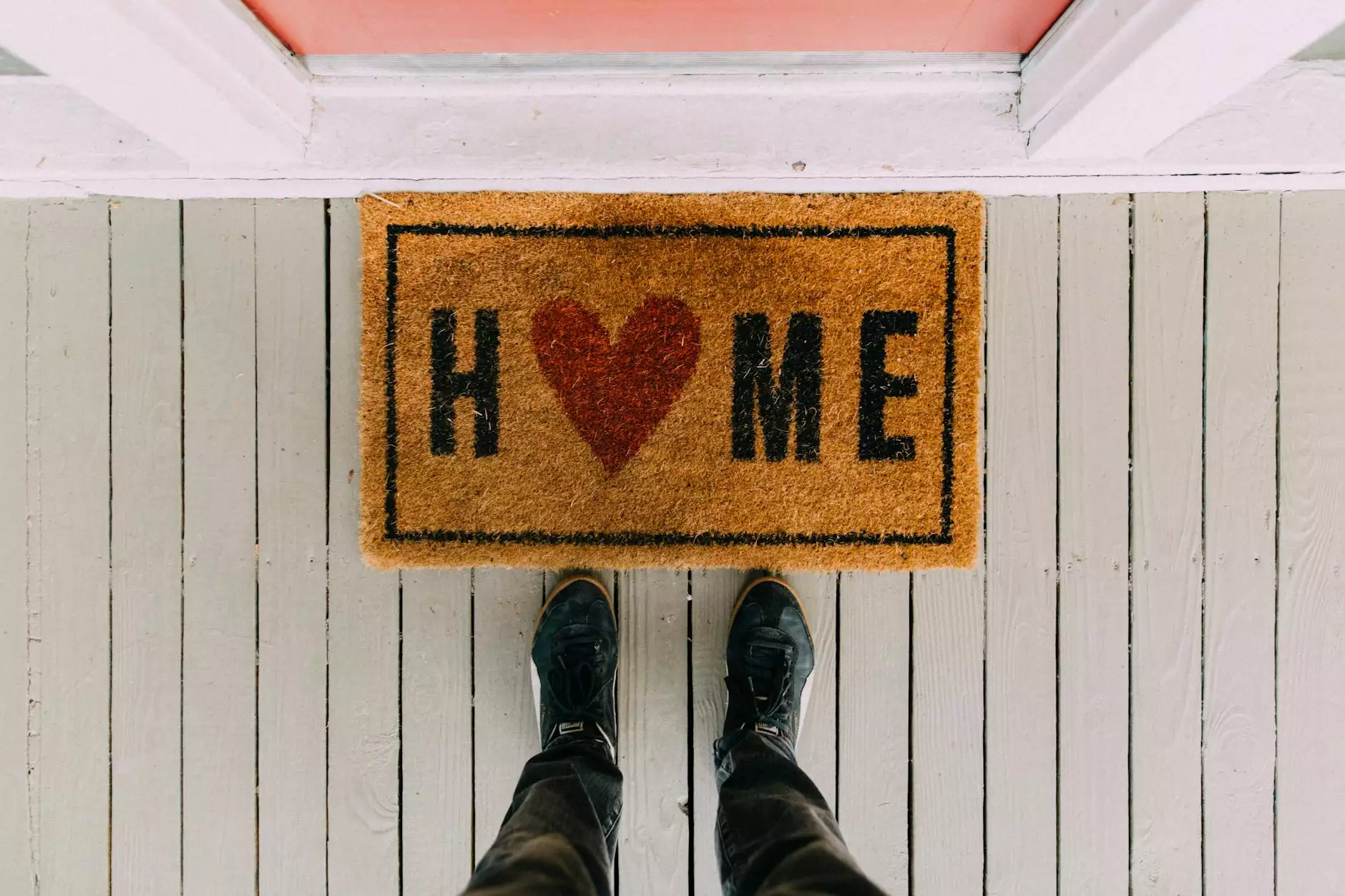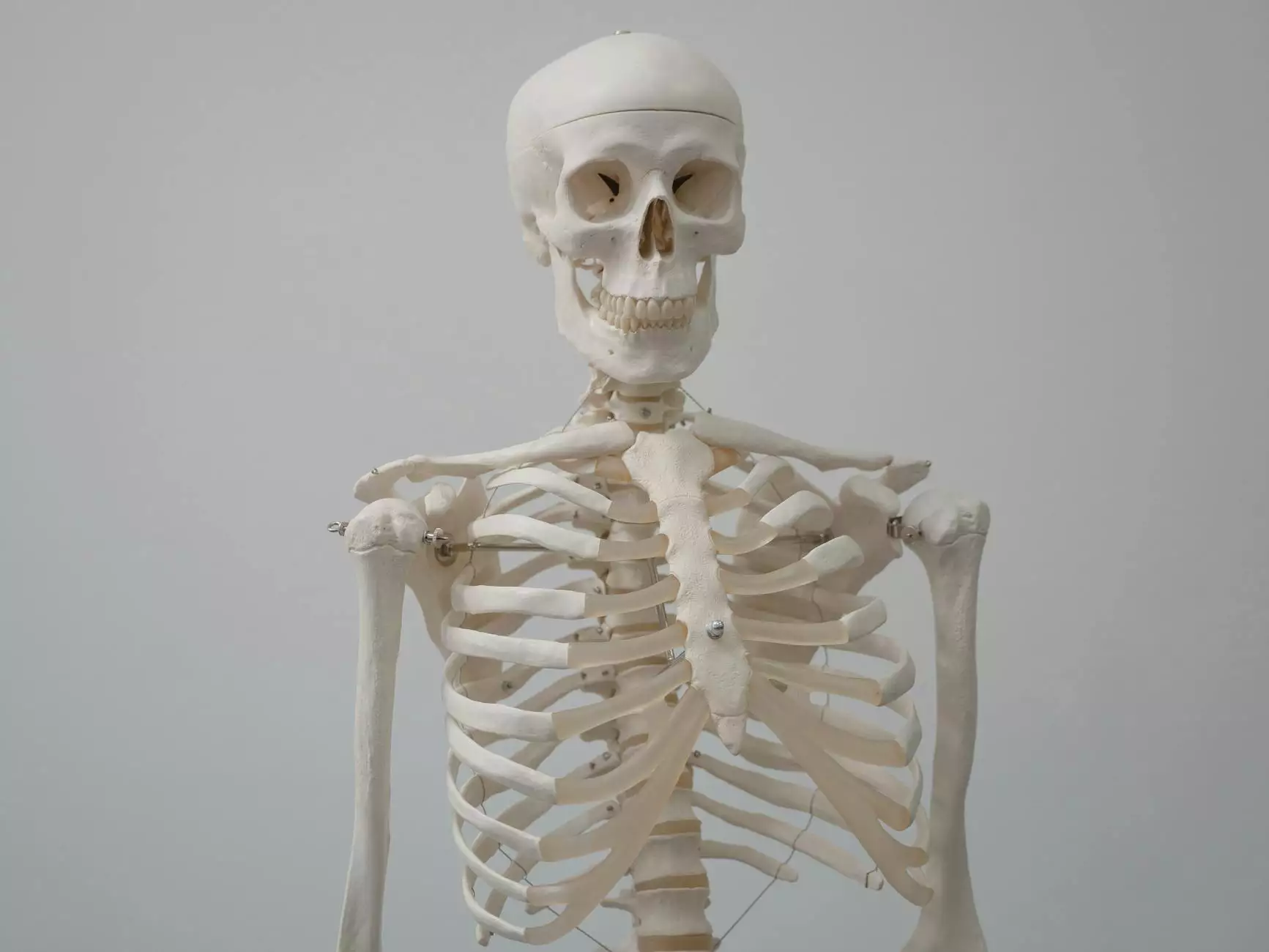Empowering Communities Through Faith: Discover the Impact of Black Churches in NYC

Across the vibrant landscape of New York City, where diversity and resilience define the urban tapestry, black churches in NYC stand as monumental pillars of spiritual guidance, community unity, and social activism. These churches are not merely places of worship but are dynamic centers where faith meets community service, cultural expression, and profound social influence. This comprehensive exploration reveals the multifaceted roles that these religious institutions play in shaping not only individual lives but also the broader socio-economic fabric of New York City.
Historical Roots and Evolution of Black Churches in NYC
The history of black churches in NYC is deeply intertwined with the struggles and triumphs of African Americans throughout the past centuries. During the early 19th and 20th centuries, as the Great Migration saw millions of African Americans relocating to northern cities, churches became sanctuaries of hope, resilience, and cultural identity. These religious institutions served as vital hubs for community organizing, education, and resistance against racial injustice.
From humble beginnings in basements and rented halls, black churches in NYC evolved into influential entities that championed civil rights and social equity. The leadership within these churches often doubled as community activists, fighting for fair housing, educational opportunities, and economic empowerment. Today, they continue to build upon that legacy, blending tradition with innovative outreach initiatives to meet modern challenges.
The Core Roles of Black Churches in NYC Today
Spiritual Empowerment and Worship
At the heart of every black church in NYC is a commitment to spiritual growth. These churches offer vibrant worship services that blend traditional hymns with contemporary gospel music, fostering an uplifting atmosphere that nurtures faith and hope. The sermons often address relevant social issues, emphasizing resilience, perseverance, and moral integrity.
Community Service and Outreach
- Food Assistance: Many churches operate food pantries and meal programs, especially vital during economic downturns or crises like the COVID-19 pandemic.
- Educational Programs: Offering tutoring, mentorship, financial literacy classes, and scholarship programs to empower youth and adults alike.
- Health Initiatives: Conducting health fairs, vaccination drives, and wellness seminars to promote physical and mental well-being.
- Housing Assistance: Advocating for affordable housing and providing shelter or transitional housing for those in need.
Social Justice and Advocacy
Advanced social engagement is a hallmark of black churches in NYC. These institutions actively participate in campaigns against racial discrimination, police brutality, and economic inequality. They serve as platforms for raising awareness, mobilizing community action, and partnering with local organizations to promote systemic change.
Fostering Cultural Identity
The churches celebrate rich cultural traditions through gospel concerts, gospel choirs, and cultural festivals that reinforce racial heritage and foster pride among congregants. These activities deepen communal bonds and elevate the Black experience within the diverse NYC landscape.
The Unique Challenges and Opportunities Faced by Black Churches in NYC
Addressing Socioeconomic Disparities
Many black churches in NYC serve populations facing multiple socioeconomic hurdles. They often act as first responders to issues like unemployment, homelessness, and inadequate healthcare, transforming their spiritual mission into comprehensive community support systems.
Navigating Urban Diversity
NYC's heterogeneity offers both challenges and opportunities. Black churches collaborate with other faith organizations and community groups, creating inclusive environments that respect various cultures and backgrounds while keeping African American traditions vibrant and central.
Embracing Innovation
Leveraging technology and social media, these churches extend their reach beyond physical boundaries. Virtual sermon series, online prayer groups, and digital outreach campaigns ensure their message remains accessible and relevant in a rapidly changing digital era.
Case Studies of Influential Black Churches in NYC
Bridge Church NYC: A Model of Community Engagement
Located in the heart of Brooklyn, Bridge Church NYC epitomizes the modern black church’s role in community transformation. With a focus on spiritual development and social outreach, it has launched initiatives such as youth mentorship programs, food distribution drives, and housing advocacy efforts. Their commitment to holistic community upliftment makes them a leading example of faith-driven activism.
Cotton Club of Gospel Ministries
This church is renowned for its vibrant worship services and cultural celebrations that showcase gospel music. It actively promotes youth engagement, leadership development, and racial justice dialogues, solidifying its leadership within NYC’s religious and social spheres.
St. Philip’s Episcopal Church
With a long-standing history rooted in civil rights activism, St. Philip’s continues to advocate for racial equity while fostering spiritual growth among its diverse congregation. Its programs extend into local advocacy and partnership with civic organizations, reinforcing the vital links between faith and social justice.
The Future of Black Churches in NYC
The landscape of black churches in NYC is evolving with changes in demographic patterns, technological advances, and shifting social landscapes. These churches are increasingly adopting innovative approaches to maintain relevance and impact, including:
- Expanding digital outreach platforms to connect with younger generations.
- Building inclusive spaces that reflect the diverse cultural fabric of NYC.
- Strengthening collaborations with civic organizations to tackle pressing societal issues.
- Implementing sustainable community development projects focused on economic empowerment.
Why Supporting Black Churches in NYC Matters
Supporting black churches in NYC is more than attending services — it is about investing in community resilience, cultural richness, and social justice. These institutions are vital engines of positive change, nurturing individual growth while addressing systemic inequalities. By understanding and supporting their multifaceted missions, residents and visitors alike contribute to building a more equitable and compassionate society.
Conclusion: Embracing the Power and Potential of Black Churches in NYC
In the bustling streets of New York City, black churches in NYC continue to be beacons of hope, catalysts for social change, and guardians of cultural heritage. Their enduring legacy and evolving missions demonstrate their unwavering commitment to fostering strong, resilient, and empowered communities. As they adapt to modern challenges, their role as pillars of faith and community service remains as vital as ever, inspiring generations to come.
Discover More
If your organization or community is looking to partner with or learn more about the impactful work of black churches in NYC, consider reaching out to your local churches or visiting organizations such as Bridge Church NYC. Together, we can support and uplift communities through faith, service, and solidarity.









